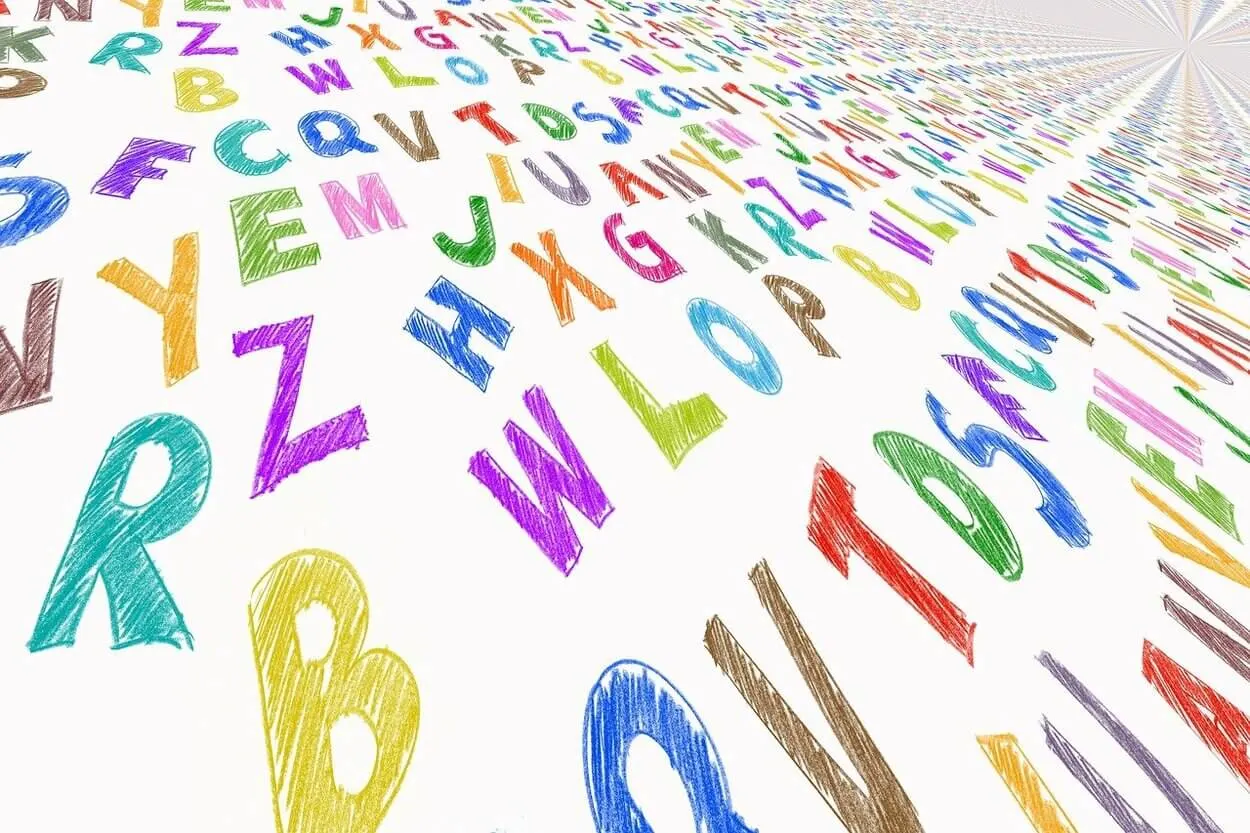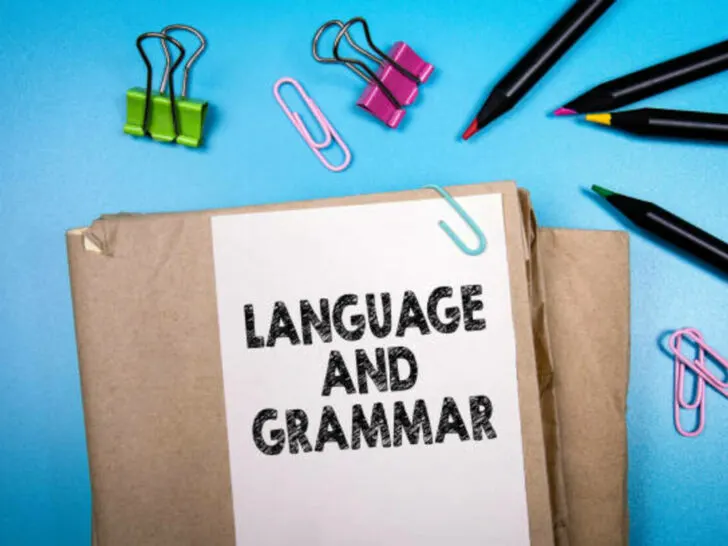We are all connected in the global world today. You have access to the wealthiest global economic platform whenever you are connected, which opens up new possibilities for all aspects of your life. Multilingualism is an asset in this economy, as it allows for ease of communication.
You must start from the basics if you want to learn any language; as you progress, your fluency in the language increases.
As a result, you can get a certain level of expertise in different languages. Native speakers and fluent speakers are two types of speakers you encounter in your day-to-day life.
The main difference between native speakers and fluent speakers is that native language speakers are those who were born to parents who speak a certain language. Fluent speakers, on the other hand, have learned the language well enough to hold a conversation without much difficulty.
Moreover, native speakers have acquired the language naturally without formal instruction. Fluent speakers, in contrast, may have learned the language through formal instruction or immersion in a culture.
In this article, I’ll explain these language proficiency concepts in detail. So let’s hop on!
What Is Meant By A Fluent Language Speaker?
Fluent language speakers are those individuals who can speak a language fluently.
This means they can communicate without having any problems with grammar or pronunciation.
Fluent speakers usually understand the language well and can carry on a conversation without too much difficulty. They may not be able to read or write the language perfectly, but they can still use it effectively as a means of communication.
Fluent speakers can usually understand and speak the language with very few errors. There is no definitive way to measure proficiency in a language.
However, many factors can contribute, including how often someone uses the language, how well they can understand and respond to spoken or written texts, and their ability to carry out basic tasks such as ordering food or finding directions.
What Is Meant By A Native Language Speaker?
Native language speakers are people who learn a language from birth without any formal teaching of that specific language.

This means they have a natural affinity for the language and can communicate more effectively than someone who has learned it later in life.
Native language speakers are people who grow up speaking a language that is their mother tongue. This can be any language, but typically it is a language spoken in the area where the speaker is from.
Natives typically have a much greater proficiency in the language than someone who learns it later in life. There are many different definitions of what makes someone a native speaker.
Still, most experts say that native speakers have acquired the language in its natural environment without formal instruction.
This means they can understand and use the language in day-to-day situations without thinking about how to say something or figuring out the grammar rules. According to the Census Bureau, as of 2010, there were 1,989,000 native language speakers in the United States.
Native vs. Fluent Language Speaker: Know The Difference
As far as proficiency levels in a language are concerned, there are a few differentiating factors between native and fluent speakers:
- They differ primarily in the fact that the native speaker is someone who was born and raised in that language, while a fluent speaker is someone who can speak the language fluently without any difficulty.
- Native speakers tend to have a higher proficiency level than fluent speakers because they are better at retaining information and they have spent more time learning the language.
- Fluent speakers typically have better vocabulary and syntax because they have had more opportunities to use the language. They are also better at understanding idiomatic expressions and contextually using words.
- Native speakers, however, can be just as effective communicators as fluent speakers if they are able to learn how to use informal expressions and make use of colloquialisms.
- Fluent speakers typically have more difficulty than native speakers when it comes to pronouncing words correctly.
Differences between Native and Fluent Speakers
Here is a table of the differences between both language proficiency levels.
| Native Speakers | Fluent Speakers |
| Native language speakers are those born to parents who speak the native language. | Fluent speakers have learned a language to the point where they can easily communicate. |
| They usually have a higher proficiency level in the language than others. | Their proficiency level in the language is good but not the best. |
| They don’t learn the language in any institute, so their fancy vocabulary is not as good. | They learn language through a mentor, so their syntax and vocabulary are good. |
| They are good at using slang and informal language. | They are not good at understanding and using typical slang. |
Here’s a video clip illustrating the difference between native and fluent English speakers to help you learn more.
Language Proficiency Levels: What Are They?
The five levels of proficiency in languages are the following:
- Elementary Proficiency: People at this level can only make basic sentences.
- Limited Working Proficiency: People at this level can converse casually and talk about their personal lives to a limited extent.
- Professional Working Proficiency: People at level 3 have a fairly extensive vocabulary and can speak at an average speed.
- Full Professional Proficiency: An individual at this level can discuss a wide range of topics, including personal life, current events, and technical subjects like business and finance.
- Native Proficiency: A person with this level of proficiency either grew up speaking the language in their native tongue or has been fluent in it for so long that it has become a second language to them.
Is Native Better Than Fluent?
Native speakers are often considered better than fluent speakers because they have been speaking the language their entire lives.
Native speakers are often thought to have greater proficiency in a language than people who have learned the language later in their lives.
But, is this the case? A recent study published in the journal Applied Psycholinguistics found that fluent speakers are just as good at communicating as native speakers, provided that the conversation context is appropriate.
Between Proficient And Fluent, Which One Is More Advanced?
According to language experts, the answer depends on the context in which the language is used. For example, fluency is more advanced than proficiency if a person speaks to someone unfamiliar with the language.
However, proficiency may be more advanced if a person is speaking to someone who is already knowledgeable about the language. Whether or not a speaker is proficient or fluent in a language, practicing and using the language will always help improve their skills.

Can You Be Fluent But Not Proficient?
If you’re a native speaker of some language, you may very well be able to fluently speak that language. However, if you’re not proficient in that language, you may still be able to understand and use it in specific contexts.
This is especially true if the language is one that you learned as a child or earlier in your life.
While being fluent doesn’t always equate to being proficient, communicating effectively in a language is a good foundation for learning more about that language and becoming more proficient.
Final Takeaway
There is a big difference between fluent and native language speakers.
- Fluent speakers can speak the language perfectly, and so do native speakers.
- Fluent speakers need to spend time learning the language. Whereas native speakers may not need to learn it.
- A fluent speaker typically has a better vocabulary and syntax than a native speaker.
- The pronunciation and accent of native speakers are perfect. Whereas those of fluent speakers are good enough.
- Pronunciation may be better for native speakers.
- Fluency and proficiency vary depending on context.
- Effective communication, whether fluent or proficient, improves with practice.
- Native speakers usually have a higher proficiency due to lifelong exposure.

